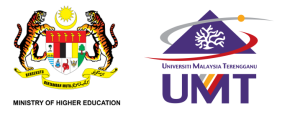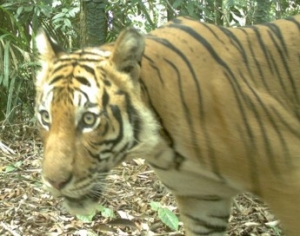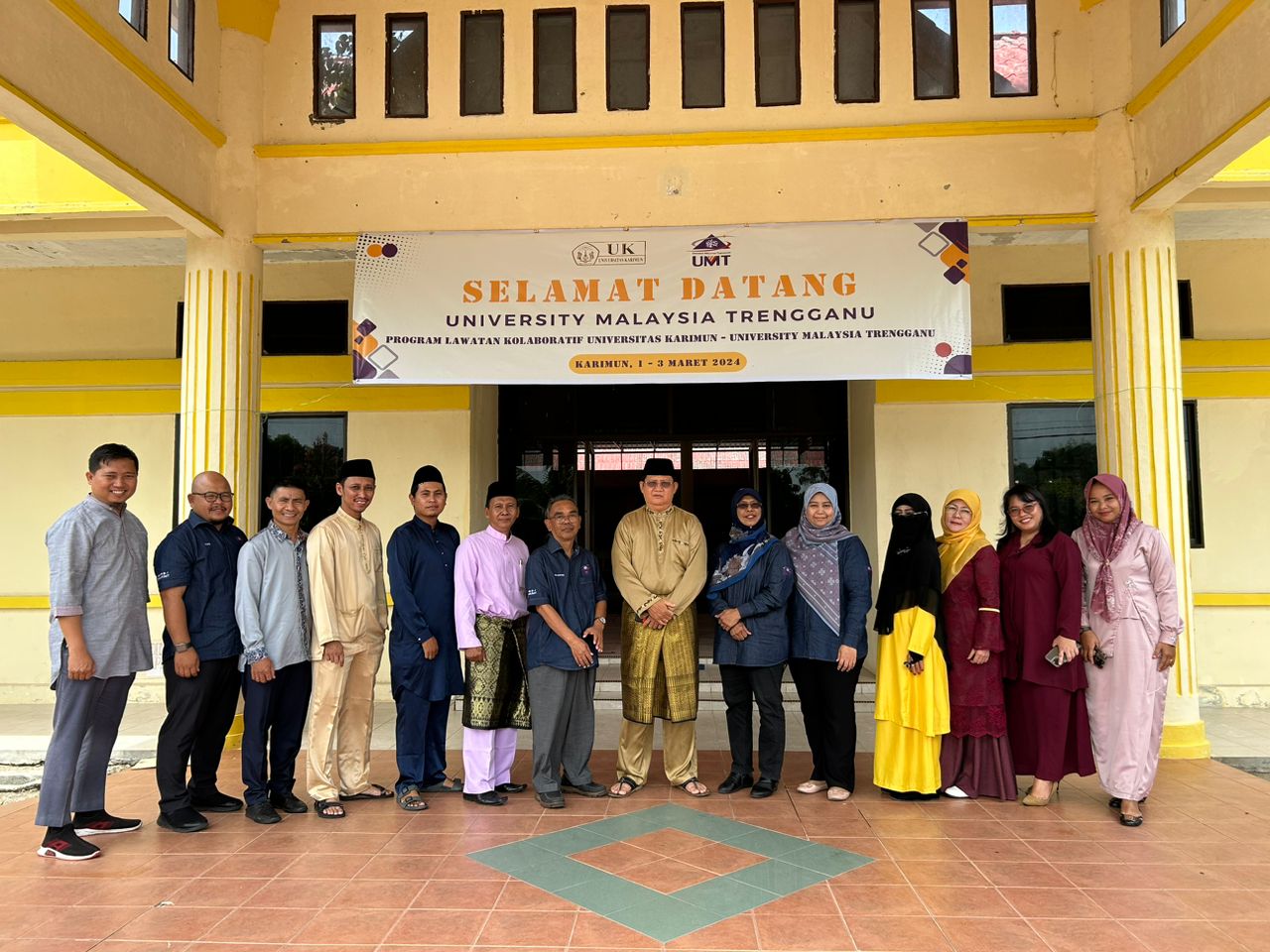New Straits Times (NST)
KUALA BERANG: Terengganu became the first state in Malaysia to issue a fatwa against wildlife poaching, signifying its recognition that illegal hunting is ‘haram’ (forbidden).
The fatwa was announced to over 500 local people at a fatwa and falak seminar organised by Terengganu’s Mufti Department.
The fatwa highlighted the tenets in Islam which called on Muslims to protect Allah’s creations.
Speaking on behalf of the organisers, Universiti Malaysia Terengganus’s Associate Prof Dr Reuben Clements said that the Terengganu Fatwa Council, thus, recognized that hunting was ‘haram’ if it posed a threat to Malaysia’s endangered biodiversity, as acknowledged by the relevant authorities.
Another UMT expert, Prof Datuk Dr Mohd Tajuddin Abdullah said: “We hope that this fatwa can be replicated in other Malaysian states.
“We need to improve awareness among Muslim communities on the impacts of illegal hunting on their own survival.”
At the seminar, Terengganu mufti Datuk Zulkifly Muda gave an impassioned plea on the importance of wildlife conservation in Islam.
“I call on you, especially teachers and religious leaders, to continue educating the public about this fatwa.
“I urge Muslims to stop all forms of hunting in general to prevent species extinction and to safeguard our environment,” said Zulkifly.
To report activities on illegal hunting, trading and possession of endangered wildlife, you can contact MYCAT Wildlife Crime Hotline (+60 19 356 4194 / report@malayantiger.net) or call the Perhilitan Care Line (1800 88 5151).
Read More : http://www.nst.com.my/news/2015/11/114702/terengganu-first-issue-fatwa-against-wildlife-poaching
……………………………………………………………………………………………………………………………………………………………………………………………………………………………………………………………………………………………………..
Utusan Malaysia
……………………………………………………………………………………………………………………………………………………………………………………………………………………………………………………………………………………………………..
There has been a lot of coverage on this fatwa in media such as Mongabay and National Geographic, which put UMT in the international spotlight once again.







